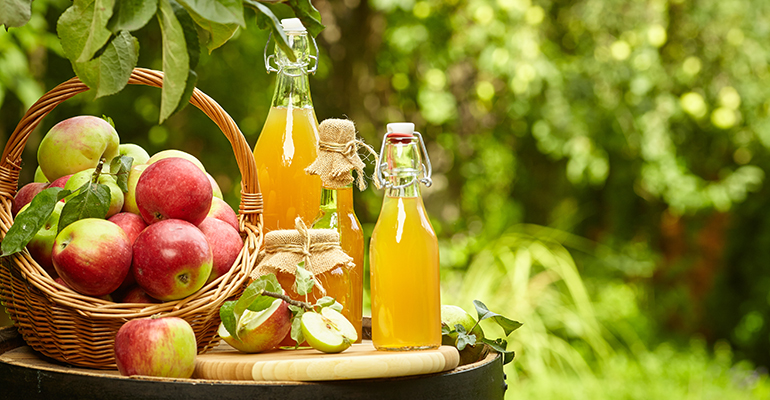News
Is it time European policymakers define what ‘natural’ food is?
18 Jan 2021Consumers are being misled over products that claim to be natural but contain artificial ingredients. Is it time for a legal definition?
Over one-third (36%) of global consumers look for ‘all natural’ claims on the food they buy, according to Euromonitor. Adding the word to a product’s packaging is an important way for food marketers to leverage sales and the term is a common sight on many food and drink products and can be an. But what does it actually mean? In the European Union, a legal definition for the term natural exists only for mineral waters and flavourings.

This has led to a situation where the term is being misleadingly used, according to Brussels-based consumer advocacy group Safe Food Advocacy Europe (SAFE). It has launched a campaign calling for legislation that will ensure all natural-labelled food products are free from genetically modified organisms (GMO) and synthetic substances, and are biodegradable.
“It is important for consumers what ‘natural’ means when associated with food products, as the lack of a clear definition of the term often do not correlate with consumers’ expectation,” it says.
“An average consumer does not have the proper knowledge to identify and understand the composition of most of the products available on the market. The term ‘natural’ is over-used, being applied to products that contain chemical substances.”
The advocacy group notes that many products bear a prominent front-of-pack ‘100% natural’, suggesting that the whole product is natural when, in fact, the claim relates only to the flavourings or colours. It scanned the market and found that many natural-labelled products also contain synthetic or artificial ingredients.
One Italian ready meal made the front-of-pack claim “It’s natural, it’s good” but contained tetrasodium diphosphate (E450iii) and monosodium glutamate (E621). A confectionery product aimed at children drew attention to natural colours used in the formulation despite the fact it also contained mono- and di-glycerides of fatty acids (E471).
Other products may contain ingredients that seem natural but have been obtained by chemical processes, says SAFE, such as melatonin, a common supplement used as a sleep aid.
Misleading claims
Although there is no legal definition, food brands can still find their natural claims under scrutiny.
British fruit juice brand Appy was the subject of a complaint to the Advertising Standards Authority (ASA) claim because its ‘100% natural’ apple juice also contained calcium lactate and glucose-fructose syrup. Appy defended the product’s formulation, arguing that calcium lactate is made through a natural fermentation process and occurs naturally in dairy products and that its glucose–fructose syrup was made via enzymatic hydrolysis of corn starch. However, the ASA disagreed and Appy removed the claim from its packaging and marketing materials.
More recently, the Dutch Advertising Code Commission, Reclame Code Commissie, ruled that a product made by FrieslandCampina, Optimel VLA Vanille, was misleading because the product did not contain natural vanilla.
FrieslandCampina defended its formulation, citing consumer research it had commissioned, which found that 74% of the respondents believed vanilla flavour was not determined by the fruits of the vanilla plant and 88% thought that aroma provides the vanilla taste. This failed to convince the Commission, however, which ordered the dairy cooperative to change its advertising and marketing material.
FAIA: ‘Neither better nor worse’
According to the Food Additives and Ingredients Association (FAIA), artificial additives are “neither better nor worse than natural additives as far as safety is concerned” as all additives are subject to the same approvals system.
Many additives used by food manufacturers occur naturally, such as beetroot red (E162), citric acid (E330), pectin (E440) and ascorbic acid (E300 or vitamin C), says FAIA, however manufacturers may choose to use artificial equivalents for processing reasons.
“Some naturally occurring colours are sensitive to light and heat and tend to lose their natural colour during processing. Artificial colours are often preferable in canned foods because they are better able to withstand the high temperatures involved in the canning process.
In any case, manufacturers should choose their wording carefully.
Referring to the Appy case, food law experts at international legal practice Osborne Clarke advised brands: “When advertising food products, the term ‘natural’ can only be used in limited circumstances. For compound foods it is important that ‘natural’ is only attributed to particular ingredients or categories of ingredients and that those ingredients have been minimally processed, if at all.”
